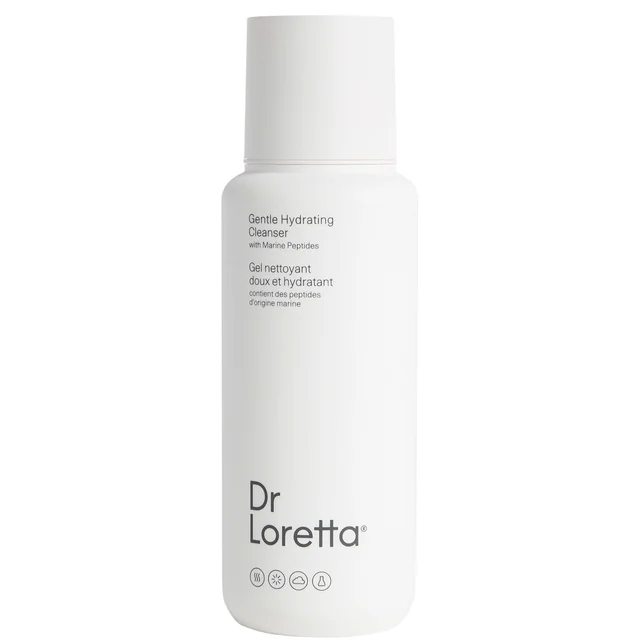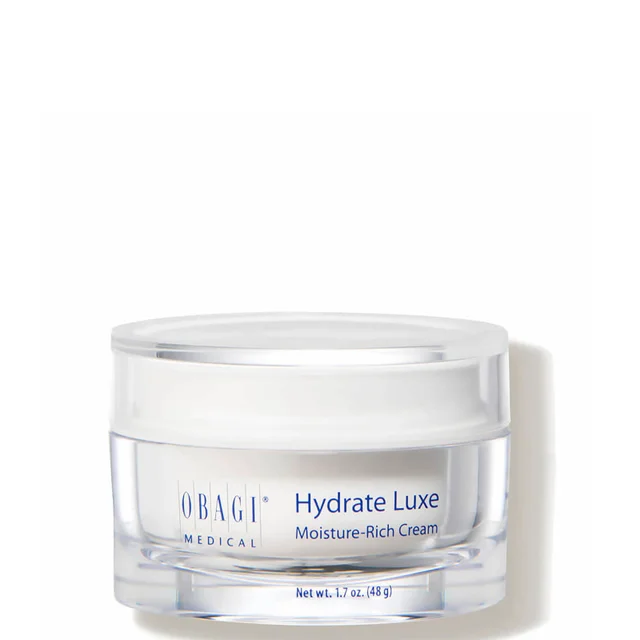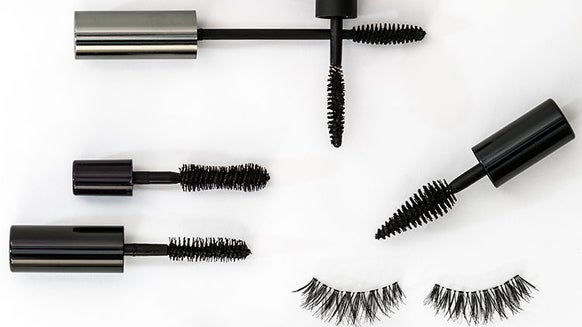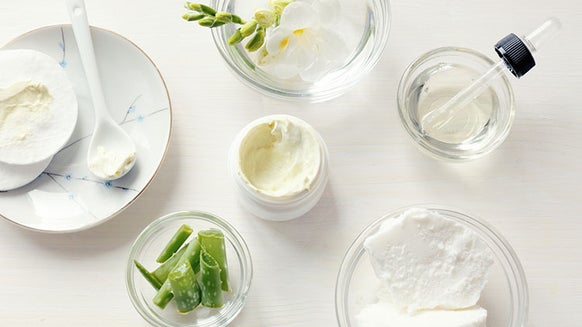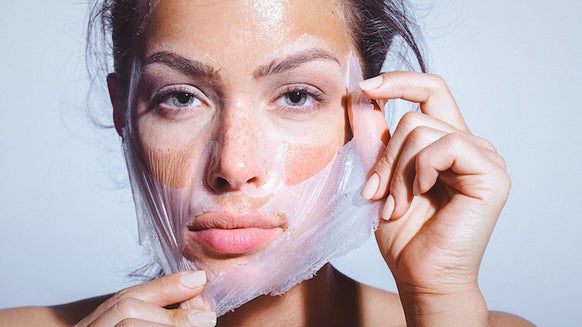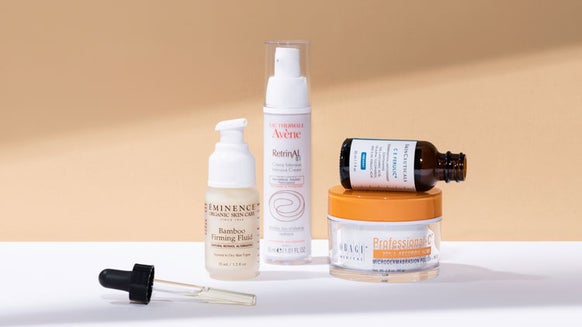6 Winter Skin Care Tips You Need to Know
Well-hydrated skin equals happy, healthy skin during the cold winter months. However, with less humidity in the air, the skin is less apt to receive moisture naturally, and dry, itchy skin that’s easily irritated can ensue. “Artificial, electric, or infrared heat is often dry, and that can take a toll on the skin barrier,” says Dr. Josh Zeichner, MD, a board-certified dermatologist in New York City. “Breaks in the outer skin layers means a loss of hydration and inflammation.” Plus, the skin is “stripped of its essential oils needed for proper barrier function,” Dr. Zeichner adds.
If you can master maintaining healthy-looking skin that doesn’t look or feel parched and zapped of its luminosity during the winter, then you’re doing it right. Ahead, dermatologists share their top tips for healthy, glowing skin this winter.
Use Sunscreen Everyday
The sun doesn't take a day off, and you are no less susceptible to sun damage in the winter than in the summer. “Sunscreen is important year-round,” Dr. Zeichner notes. “Snow reflects UV light, increasing your risk of a sunburn.”
With that in mind, during the colder months, choose a rich, creamy sunscreen with hydrating ingredients for added moisture. Dr. Sejal Shah, MD, a board-certified dermatologist in New York City recommends an SPF with hydrating ingredients that support the skin barrier, like hyaluronic acid, ceramides, vitamin E, and squalene.
Try: EltaMD UV Elements Tinted Broad-Spectrum SPF 44
Wash Smartly
A common winter skin care mistake is washing with a harsh cleanser when a sulfate-free one is a better choice. “The goal of cleansers is to remove soiling without stripping the skin of oils that are essential for barrier function,” explains Dr. Zeichner. Plus, during the winter, the skin needs any extra hydration that it can get. “For many people, hydrating cleansing lotions, balms, milks, or oils are great options,” Dr. Zeichner adds. Lastly, don’t wash your face with hot water, but rather lukewarm water to prevent further dry out.
Try: Dr. Loretta Gentle Hydrating Cleanser
Switch to a Thicker Moisturizer
Winter is the perfect time to ramp up your moisturizer game. “It’s important to choose thicker formulations that contain ingredients that support the skin barrier and hydrate the skin,” says Dr. Sejal. "Ingredients like ceramides, glycerin, hyaluronic acid, niacinamide, and colloidal oatmeal and chamomile can be helpful."
There’s also no such thing as over-moisturizing in the winter. Pack a small tube of your favorite winter moisturizer in your bag and re-apply it as needed throughout the day. The first application, in the morning, is when you’ll want to apply a generous amount and lightly pat it into the skin—preferably when damp—until fully absorbed. As touchups are needed, use a concealer or foundation brush and gently press it into the skin over makeup.
Don't Forget to Exfoliate
The colder the weather, the more likely the skin is to hold onto dead skin cells. Although the skin naturally exfoliates every 28 days, it needs more help in the winter. “It is important to exfoliate during the winter, but you may want to cut back on the number of times per week so that the skin is not over-exfoliated, which can lead to dryness,” advises Dr. Sejal. "Use gentle exfoliants and be sure to moisturize afterward." Avoid harsh scrubs, especially those made with abrasive pits.
Try: U Beauty Resurfacing Compound
Add a Hydrating Mask
Just like how moisturizer adds much-needed hydration to the skin, so does a good hydrating mask. Masks work a little faster and also flood the skin with hydrating ingredients for a noticeable difference. Some can even blur wrinkles and fine lines, especially if they include hyaluronic acid and niacinamide.
Dr. Zeichner says to think of masks as a booster to your skin care routine. “They deliver high concentrations of specific active ingredients to the skin, and in the winter, can be used along with your regular skin care products when you need it to address dry skin,” Dr. Zeichner shares.
Try:Augustinus Bader The Face Cream Mask
Layer on a Face Oil
Face oils add a protective layer against the winter’s damaging elements, which can wreak havoc on the skin. “They offer light hydration, natural emollient benefits, and deliver high levels of fatty acids and antioxidants to the skin,” says Dr. Zeichner. Oils tend to sit on the skin's surface to shield it while giving a healthy glow, whether used solo or layered under moisturizer for added benefits. However, one thing to note about oils is that they lack humectant properties, “so they will not be able to draw water to the skin,” explains Dr. Sejal.

Elise Minton Tabin is an award-winning beauty journalist, editor, and beauty expert with more than 16 years of experience. She previously held the title of Executive Beauty Editor at NewBeauty magazine, where she reported on beauty, plastic surgery, anti-aging, health and wellness. She was also instrumental in the launch of the beauty supplement brand Hush & Hush. A self-professed beauty junkie and retinol and sunscreen pusher, Elise knows what’s new, what works and who’s the best to go for every procedure under the sun. Follow Elise on Facebook, Instagram, and on her beauty blog, elisetabin.com


